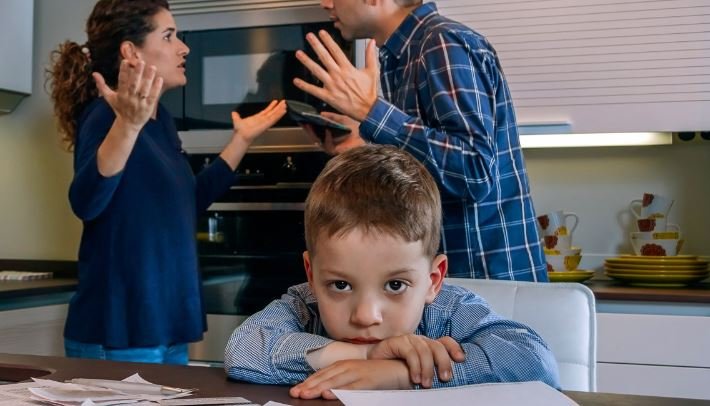Divorce is a significant life event that can profoundly impact individuals, especially children, in various aspects of their development. Social development, which includes forming relationships, social skills, and emotional regulation, can be particularly affected by parental divorce. This blog explores the implications of divorce on social development and discusses ways to mitigate its potential negative effects.

Understanding Social Development
Social development encompasses the ability to form and maintain relationships, understand social cues, and regulate emotions in social contexts. It begins in early childhood and continues throughout life, influenced by experiences, relationships, and environmental factors.
Effects of Divorce on Children’s Social Development
Disruption of Stability and Security
Divorce often disrupts the stability and security that children rely on for healthy social development. The separation of parents can lead to feelings of instability, anxiety, and uncertainty, which may affect their ability to form trusting relationships.
Changes in Family Dynamics
The restructuring of family dynamics post-divorce can impact children’s social skills. They may need to adapt to new living arrangements, routines, and relationships with parents and siblings, which can be challenging and stressful.
Emotional Regulation Challenges
Children of divorced parents may experience difficulties in regulating their emotions. The stress and emotional turmoil surrounding divorce can manifest in behaviors such as aggression, withdrawal, or difficulty expressing feelings appropriately.
Long-term Impact on Social Skills
Trust Issues and Relationship Patterns
Divorce can influence children’s trust in others and their relationship patterns. They may struggle with forming close bonds or fear abandonment, impacting their ability to engage in healthy relationships in adolescence and adulthood.
Communication and Conflict Resolution Skills
Exposure to parental conflict during and after divorce can affect children’s communication and conflict resolution skills. They may model unhealthy conflict management behaviors or have difficulty expressing themselves assertively.
Mitigating the Effects of Divorce on Social Development
Maintaining Consistency and Routine
Consistency in routines and parenting practices across households can provide stability for children post-divorce. Clear expectations and predictable schedules help children feel secure and supported, promoting healthy social development.
Supporting Emotional Well-being
Emotional support from both parents and caregivers is crucial during and after divorce. Open communication about feelings, validation of emotions, and access to counseling or support groups can help children navigate emotional challenges effectively.
Encouraging Positive Relationships
Encouraging children to maintain relationships with both parents and extended family members fosters a sense of connection and belonging. Positive relationships serve as a foundation for healthy social development despite changes in family structure.
Conclusion
While divorce can pose challenges to children’s social development, proactive support from parents, caregivers, and professionals can mitigate its negative effects. By prioritizing stability, emotional well-being, and positive relationships, children can navigate the complexities of divorce and develop resilient social skills essential for their future.



